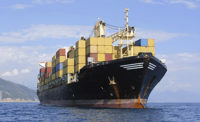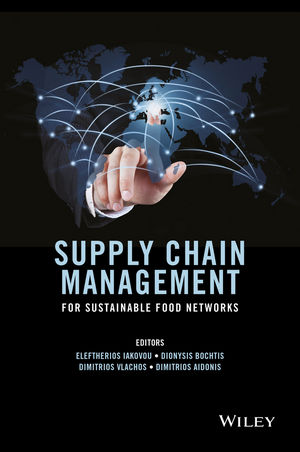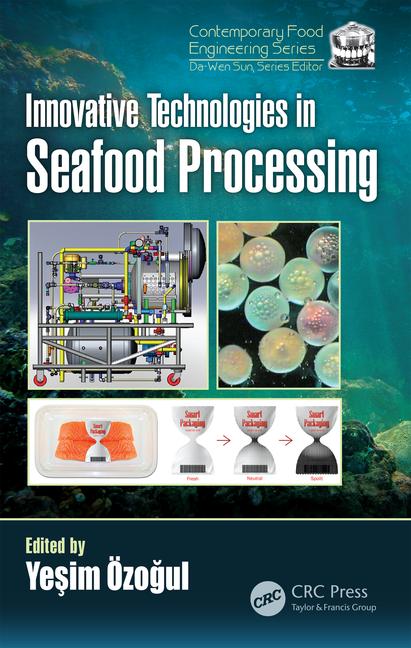Cargill, Inc., Minneapolis, published its first corporate responsibility report specifically for its ocean transportation business. The report, which is written in line with the Global Reporting Initiative, provides an update on progress for 2017. The company outlines its plans and activities to lead dry bulk shipping into a new era by making shipping safer and more efficient and sustainable.
Together with its stakeholders, Cargill completed a comprehensive materiality assessment for its operations in mid-2017. Using this assessment tool as a basis, the business set actions and targets to improve operations in climate change and health; safety and well-being; ocean health and biodiversity; and inclusion and diversity.
“Cargill is taking a holistic approach to sustainable development and to our obligations as a responsible global citizen,” says Jan Dieleman, president of Cargill’s ocean transportation business.
Cargill reports some improvements across a number of performance measures, notably within its fleet composition and vessel efficiency. In 2017, Cargill’s ocean transportation business reduced its CO2 emissions by 5.7% and committed to achieving a 15% reduction by 2020.
“We are relatively pleased with our fleet performance this year. We know vessel efficiency can vary considerably due to a host of external factors, but the whole team at Cargill is committed to achieving a significant improvement in coming years,” says Dieleman.







